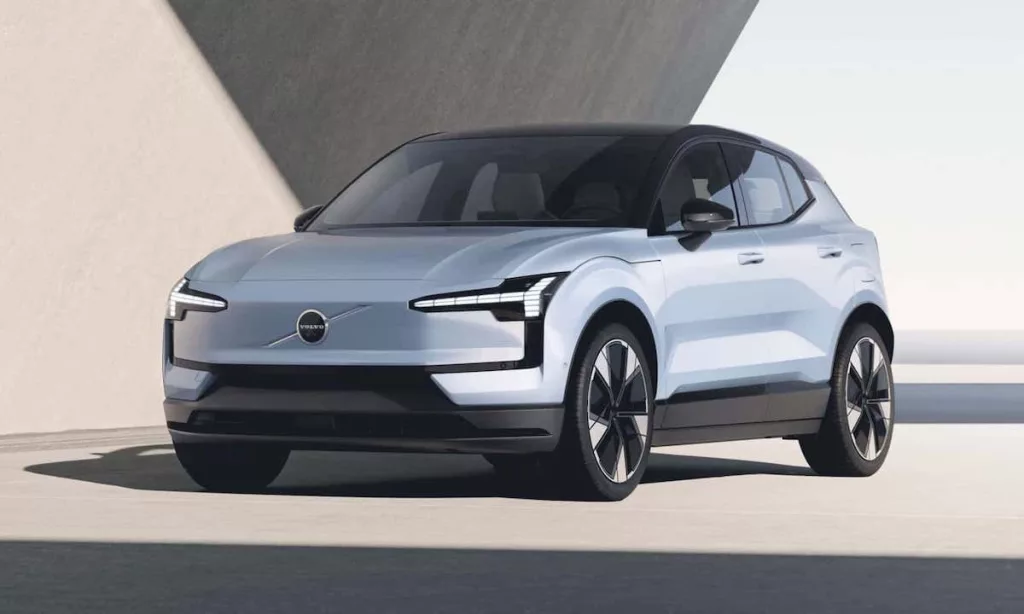Volvo Calls it Quits on Diesel Engine Production
Volvo’s diesel days are behind them, as the XC90 will be the final diesel-powered vehicle produced by the Swedish firm’s fleet.
Looking for your next new or used Volvo? Find it here with CARmag.
Volvo has promised to realise its goal of having a rolling fleet with net-zero emissions by 2050. Before then, however, the Swedish marque intends to only offer all-electric vehicles by 2030, and have net-zero value chain emissions by 2040. As a means towards that end, the Swedish automaker will cease production of its diesel vehicles, with the XC90 being Volvo’s diesel powertrain pallbearer that will be placed in a museum. Volvo’s diesel department has, over time, been phased out. In 2017, Volvo announced that it would end the development of its diesel engines, and now production of all vehicles powered by diesel powertrains has ceased.
Related: Volvo Reveals More About EX30 Line-up Before Local Launch
As stated in Volvo’s climate plan, the next step toward achieving its climate goals would be the complete erasure of internal combustion engines from their lineup. Coinciding the erasure of Volvo’s diesel department, the firm bolstered its electric mobility offerings. In 2023, Volvo debuted its fourth electric vehicle, the EX30.

Image: Volvo
Related: Review: Volvo EX30
The EX30 is the firm’s cheapest and smallest electric vehicle, boasting a dual-motor powertrain (in the EX30 Twin Motor Performance model), a plush interior, and up to 440 km of driving range that suited its city-runabout character. After the EX30, Volvo unveiled its first-ever all-electric MPV, pioneering the “EM90” moniker. The EM90 sources power from a 200 kW e-motor and as a large people carrier intended to accommodate family-oriented customers, has a driving range of up to 738 km.
Browse thousands of new and used cars here with CARmag.
The post Volvo Calls it Quits on Diesel Engine Production appeared first on CAR Magazine.
The Car Guide
Comments
Post a Comment